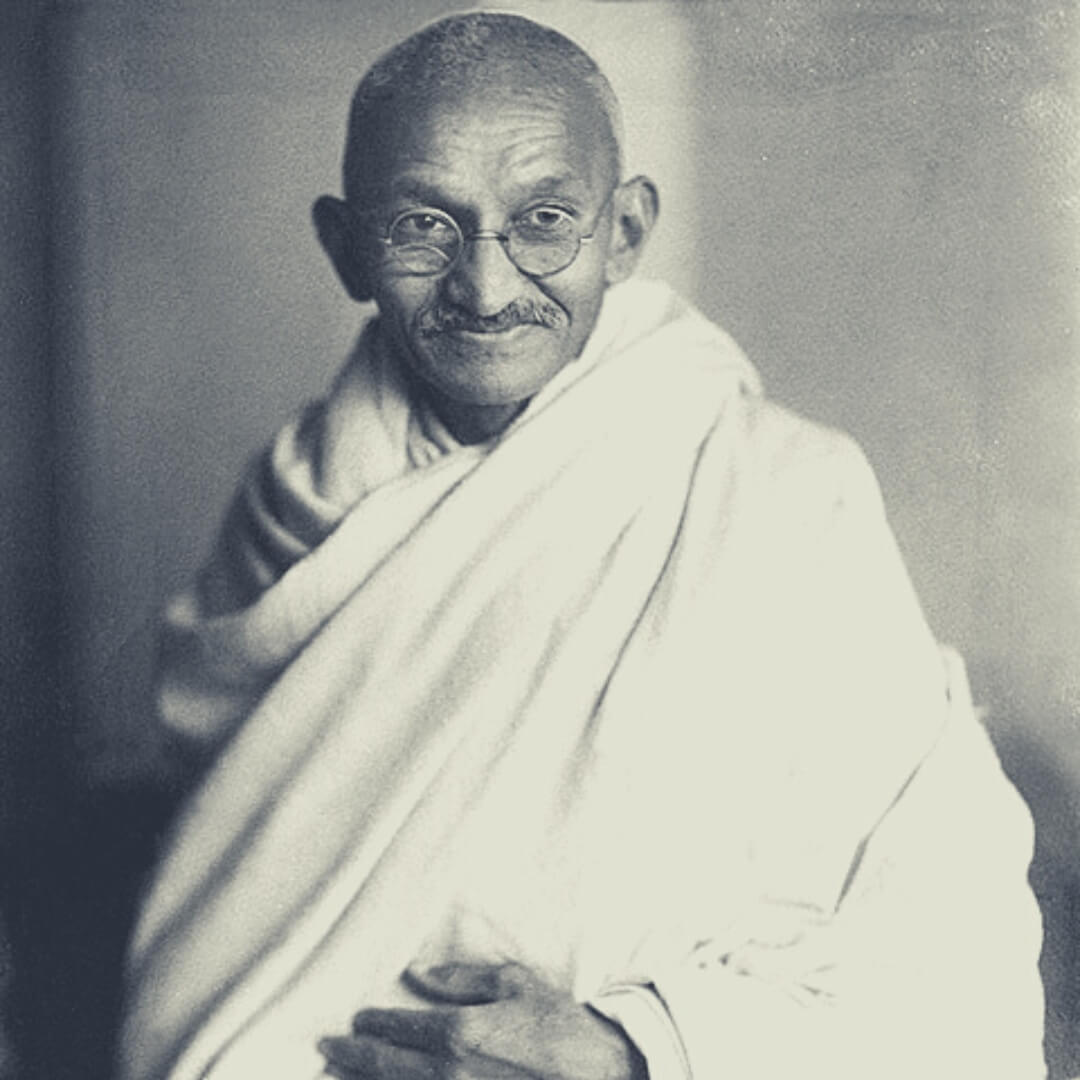When you're on a quest for personal growth, you'll want to consider the ideals of humbleness and humility. Both qualities are similar and encompass selflessness and modesty, which are admirable qualities in anyone.
I'm sure you'll agree that humility and humility have distinct characteristics regarding general character development. Those characteristics are necessary for your personal and professional development.
In this article, we'll define both qualities, provide the five fundamental differences between humbleness and humility. Additionally, we will give you examples of of these two character traits to help you better determine how to embrace these characteristics on your own life's journey.
Before we compare humbleness to humility, let's provide a clear picture by defining each separately. But first, did you know that both humility and humbleness have their Latin origins in the word “humilis,” which means “low?“
As you can imagine, these attributes are, therefore, closely intertwined.
What is Humbleness?
According to Dictionary.com, humbleness is the state or quality of lacking pride, arrogance, or being modest. It also refers to the quality of feeling you are not more important than anyone else and that you are courteously respectful.
To help define humbleness further, we've put together several examples of people who have demonstrated humbleness.
Mother Teresa
Mother Teresa was the epitome of humbleness, a beloved humanitarian worldwide.
Although she was a Nobel Peace Prize laureate, she did not glory in accolades bestowed upon her. Rather, she continued to dedicate her life to what she considered her calling: serving India's poor populations. Her humbleness showed in all that she did and was evident to those who knew and knew of her.
Mother Teresa had compassion for the impoverished, living in the same humble conditions as the people she served. No task was too menial for her to perform for other human beings. She was often seen comforting those at death's door, washing the feet of the sick, and caring for abandoned children.
Mother Teresa believed in the inherent worth and dignity of every human being, and she demonstrated this daily, inspiring others to follow her example of humbleness in serving the less fortunate.
Mahatma Gandhi
As the leader of a nonviolent movement in India against British colonial rule, Mahatma Gandhi exemplified humbleness. His modesty was evident despite being hailed as the Father of the Nation.
He demonstrated humbleness by living a simple lifestyle. He was a true minimalist, renouncing material possessions. His clothing demonstrated his lack of personal pride, as he wore only traditional Indian attire.

He treated others with respect and courtesy, regardless of their social status. Gandhi's commitment to the service of others, coupled with nonviolence, inspired people across the globe. A quote attributed to Gandhi sums up his humble attitude to serving others, “Service which is rendered without joy helps neither the servant nor the served.”
Gandhi's interactions with people from all walks of life are evidence of his humble lifestyle.
Nelson Mandela
As South Africa's first black president and the son of a royal family, Nelson Mandela showed remarkable humility throughout his life.
As an anti-apartheid activist, he fought against injustice. Even after 27 years of imprisonment, he sought reconciliation rather than revenge upon his release. Mandela believed in the importance of forgiveness and demonstrated and encouraged it in his deeply divided nation.
He found no shame in listening and learning from others. Mandela sought out diverse opinions and perspectives and found value in collective decision-making. He was a true leader in that he led by a humble example and often acknowledged the contributions of others.
Although he passed away in 1999, many people around the world are still inspired by his humble lifestyle.
What is Humility?
According to Dictionary.com, humility is meekness, lowliness, and submissiveness. It is the opposite of pride. A person who exhibits humility is known for having a modest opinion of themselves.
To help define humility further, we've put together several examples of people who have demonstrated humility.
Reverend Billy Graham
During his life and ministry, the Reverend Billy Graham showed remarkable humility. Most would agree that Graham is one of the most influential Christian evangelists of his time. Throughout his life, he demonstrated great modesty, showing a deep humility even as he became more successful and well-known.
Graham was adamant about attributing his personal success to God's grace rather than to himself. The Southern preacher focused solely on spreading God's message. In his humility, he brought people closer to their faith while treating them with kindness and respect.
Albert Einstein
Recognized as one of the greatest scientific minds in history, Albert Einstein was known for his humility as well as his brilliance. His contributions to physics, including the theory of relativity, were unprecedented.
However, Einstein remained remarkably modest despite his success. He credited the work of others who came before him and laid the foundation for him to succeed.

His humility was evidenced even more by his commitment to education. He appreciated students and scientists at all levels who engaged with him. His humility was shown in the ways he fostered a spirit of learning within others.
Humbleness vs Humility: 5 Basic Differences
Now that we've defined humbleness and humility and provided real-life examples, let's go deeper into these attributes as we highlight five fundamental differences.
Plus, you'll find there are some similarities as well.
Difference #1. The Beginning of Humbleness vs. Humility
With humbleness and humility so closely related, we must return to their origins to discover their differences.
Humbleness stems from low regard for oneself and a personal sense of modesty. There is an avoidance of arrogance. When you encounter someone exhibiting humbleness, you'll most likely notice they downplay their abilities and success.
On the other hand, humility comes from a person's understanding of their strengths and weaknesses, as well as their appreciation of the contributions of other people, whether on a personal or professional level.
Difference #2. Impact on Relationships
Whether you're involved in a personal or professional relationship, the qualities you exhibit can positively or negatively affect that relationship.
Humbleness can create a barrier in relationships if the person is continually self-deprecating. Fostering a healthy relationship takes balance, and while some humbleness is good, too much of it can be off-putting.
Conversely, humility can bring a relationship closer as the person encourages others to communicate respectfully.
Difference #3. Strength in Vulnerability
Because humbleness may stem from insecurity, it may limit the reality and perception of a person's strength in vulnerability. A person's growth may be hindered by their unwillingness to take risks due to anxiousness or a lack of confidence.
Alternatively, humility uses vulnerability as a source of strength. Both attributes acknowledge limitations, but humility helps a person cultivate resilience and a growth mindset in spite of their vulnerability.
Difference #4. Focus of Humbleness vs. Humility
How a person sees themselves relates to humbleness as they self-reflect. Humbleness often leads to avoiding drawing attention to oneself, which may or may not lead to an unhealthy self-perception.
In contrast, humility goes beyond personal introspection to external interactions with others. It adds how the person treats people personally or professionally, focusing on respect and kindness. A perk to having humility is that it promotes active listening and provides support when necessary.
Difference #5. Authentic Recognition
Humbleness alone can prevent a person from recognizing their achievements and accepting praise from others. They may feel uncomfortable when someone praises their success and find it embarrassing, mainly if they are introverts.

Humility encourages authenticity in self-expression while still appreciating the efforts of others. A person with humility can gracefully accept compliments and easily compliment others on their success and achievements.
Humbleness vs Humility: Which is Best?
As you can see, there are advantages to fostering humbleness and humility. When we ask ourselves which is best, we think humility wins out… sort of. The ties between both humbleness and humility run deep, and the attributes overlap, which means they are not mutually exclusive.
Still, humility does add that external quality of respect and care for others that helps foster healthy relationships. Some may say that humbleness is needed to maintain a down-to-earth perspective, while others may counter that humility is vital in making genuine connections.
When it comes to determining which is best, being humble and having humility can coexist. Not only that, but they can also complement each other.
When you possess both, they create a more balanced and grounded approach to living your life.
Final Thoughts on Humbleness vs Humility
When you think of personal and professional growth, cultivating both humbleness and humility can lead to a more positive impact on the world around you.
Embracing both allows you to appreciate your strengths and limitations while valuing and respecting others, creating a harmonious and compassionate approach to life.
Remember, cultivating humility is an ongoing process. It requires self-reflection, commitment, and deeper connections with others. Together, we can create a world where humility flourishes, paving the way for greater understanding, compassion, and harmony.
An excellent place to start is by checking out our article on the 11 Ways to Practice Humility Throughout Your Life. There's no better time to start than today and, as Mahatma Gandhi said, “Be the change you want to see in the world.”
And if you're looking for more resources on good personality traits, be sure to check out these blog posts:
- 77 Humble Quotes to Stay Grounded in Life
- 15 Ways to Practice Humility Throughout Your Life
- 13 Common Traits of People That Like to Be Alone
- 15 Humbleness Examples You See Throughout Life
- Pride vs Humility: Differences, Charts, and Activities
- 15 Common Stoic Personality Traits & Characteristics
Finally, if you want to identify YOUR personality type, then take one of these 11 personality tests to better understand what makes you tick.


